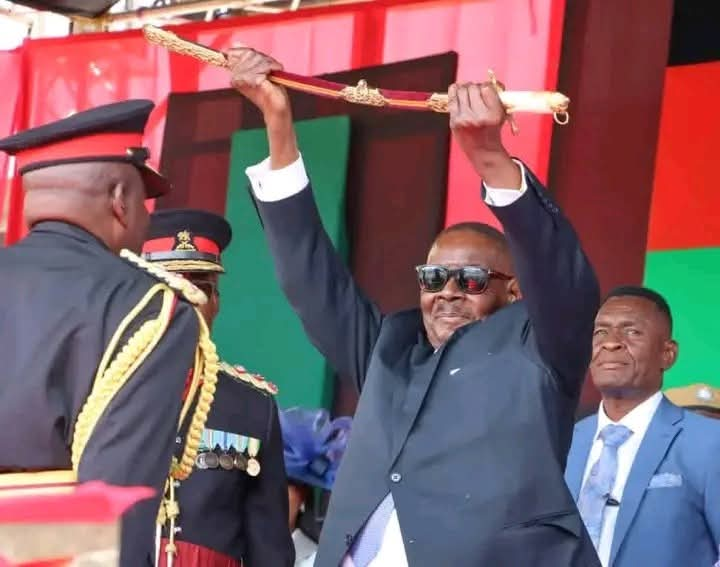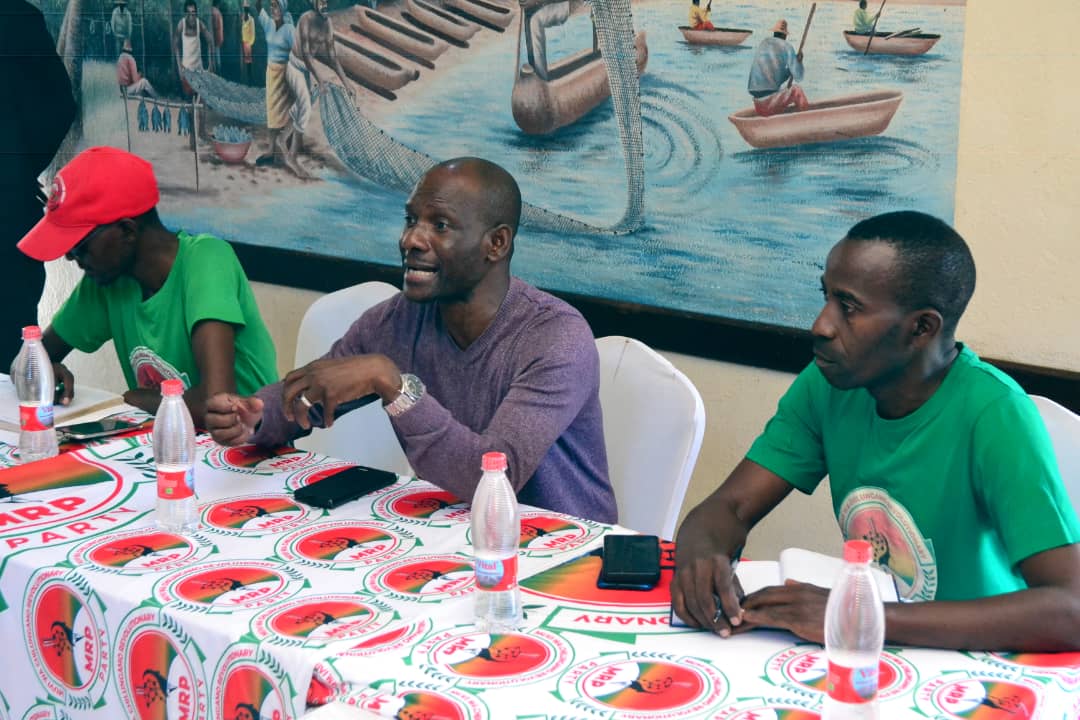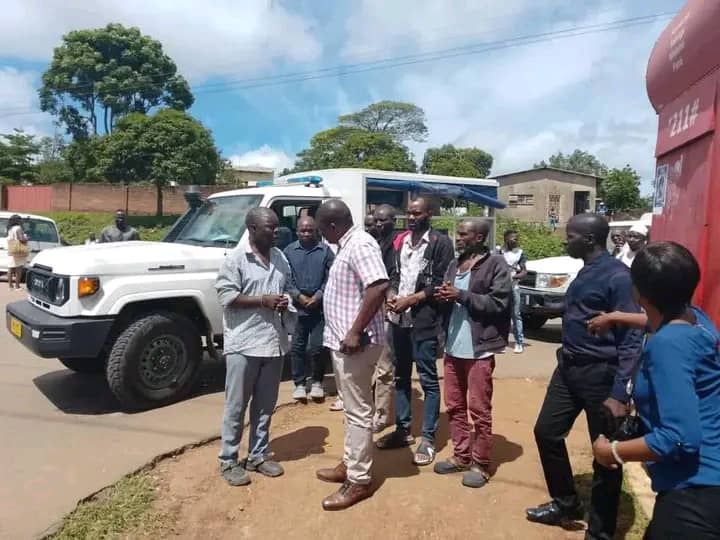By Mavuto Kalawa, Correspondent, Malawi Freedom Network
As Malawians celebrate the swearing-in of Professor Arthur Peter Mutharika as the seventh President of the Republic of Malawi, marking his term from 2025 to 2030, it is important to reflect on the reasons behind his election.
There are many answers to why Malawians chose Professor Mutharika to return to office.
An old Malawian saying captures part of this reasoning: “Pamsasa saipitsa, and kukhala bwino ndi anthu ndi chuma” — meaning that humility, integrity, and good relations with people and resources are key to leadership success.
This principle, observers say, has contributed to his return to power.
Many Malawians remembered the achievements and policies of his previous tenure, which left a lasting impression during his first five years in office.
By contrast, the last five years under the leadership of the Tonse Alliance, headed by Dr. Lazarus Chakwera, failed to meet the expectations of the populace.
The Alliance promised a better Malawi, but for many citizens, the reality did not match the promise.
Malawians suffered under high prices for essential goods, shortages of foreign exchange, poor governance, and other challenges that made daily life difficult.
Our reporters spoke to a citizen who said that the previous government was authoritarian, limiting their ability to exercise rights without fear of being beaten or mocked.
He expressed frustration over leaders inviting people to celebrations at State House while distributing small cash handouts, at a time when hospitals lacked medicines and hunger was widespread.
Another interviewee, a strong supporter of the Malawi Congress Party, noted that their leaders lacked genuine passion for national development and were more focused on personal enrichment.
He emphasized that this failure to prioritize citizens’ needs fueled anger and disillusionment among the population.
Both citizens expressed hope that Professor Mutharika would implement the promises made during his campaign.
They pledged to work with the new administration to ensure Malawi’s development and food security, recalling the relative stability and prosperity during the DPP’s previous rule.
As Malawians and political leaders, there is a clear lesson in humility, responsiveness, and accountability.
Leadership that listens, prioritizes citizens’ welfare, and governs with integrity — as Professor Mutharika has demonstrated — is critical for national progress.
Aspiring leaders are called to emulate this model, proving that the old proverb “Pamsasa saipitsa” holds true: good character, dedication, and respect for people are essential for lasting leadership.




